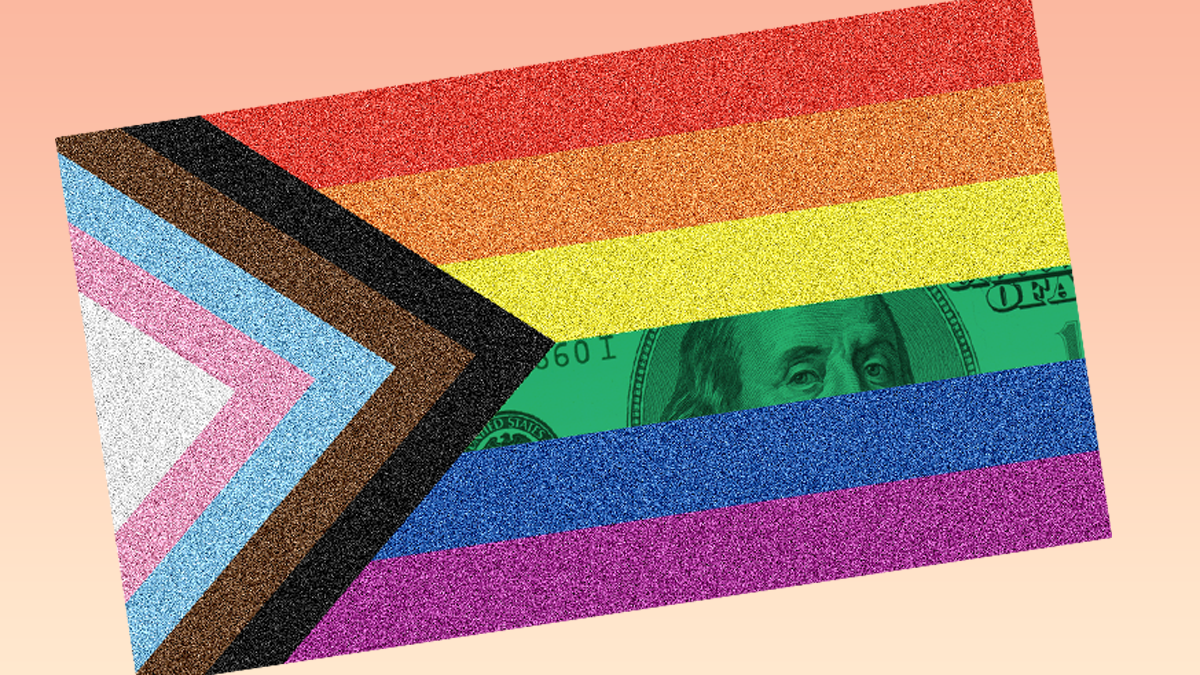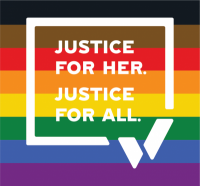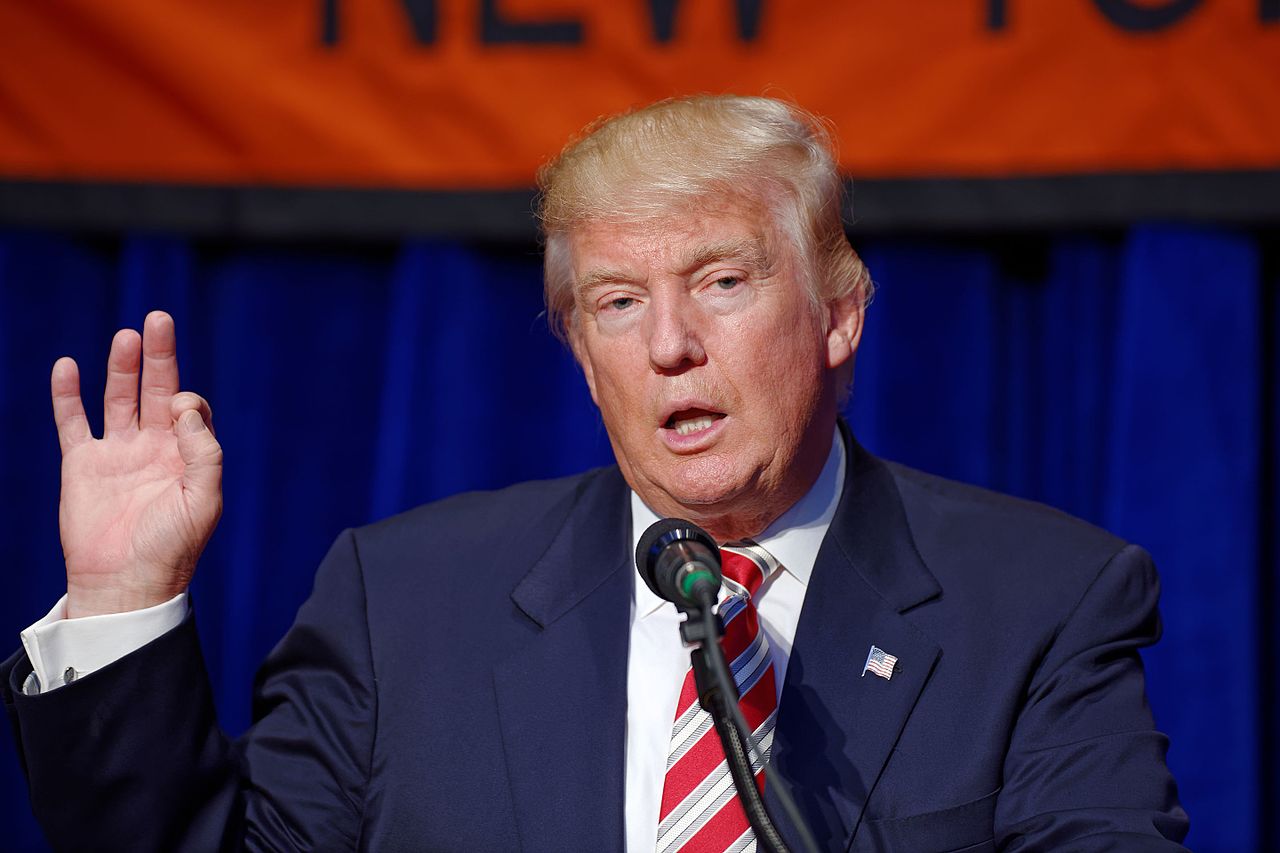Abortion rights, women of color, and LGBTQI+ people are under attack. Pledge to join us in fighting for gender justice.
There’s So Much We Don’t Know About the LGBTQI+ Wage Gap

This Equal Pay Day, we’re going to be hearing a lot about the binary gender wage gap. It’s an important discussion, but it’s also a deeply incomplete one.
Because while our country has buckets of research on how women make less compared to men… we’ve barely scratched the surface when it comes to the LGBTQI+ wage gap. Here’s some of the limited research we do have:
- In the United States, LGBTQ+ workers earn an average of approximately 89 cents for every dollar earned in a week by the “typical worker,” which represents the median wage for all U.S. workers from the third quarter of 2021.
- Non-binary, genderqueer, and genderfluid and Two Spirit workers earn about 70 cents for every dollar that the typical worker earns, and transgender women earn about 60 cents for every dollar.
- In plain terms, transgender and gender-nonconforming people are among the lowest paid LGBTQ+ people working full time in the United States.
This new research begins to demystify the LGBTQI+ wage gap, but it still leaves parts of the gap unknown. For example, where is the specific data about the wage gap experienced by transgender people of color? This gap has not been measured due to a lack of data. Additionally, the wage gap between LGBTQ+ and non-LGBTQ+ people is potentially even larger, given that most studies have only included full-time (35 or more hours/week) LGBTQ+ workers. A study by McKinsey & Co. found that, when compared to their cisgender peers, transgender respondents were 42% more likely to work part time. Thus, current research excludes a large proportion of LGBTQI+ workers.
Furthermore, research on the pay gap fails to recognize and account for underground economies and sex work—informal economies which LGBTQI+ people are often forced to rely on for wages. The exclusion of these economies and part-time work in wage gap data collection renders trans people of color invisible in most research. Inclusion of these forms of work would help document the economic experience and disparities that we know include disproportionate harm to trans women of color.
LGBTQI+ people need and deserve a solution to the wage gap that not only remedies the disparities in wages and benefits, but also protects LGBTQI+ workers from discrimination.
For decades, LGBTQ+ individuals have not been safe in their workplaces. In a 2022 study, 50 percent of LGBTQI+ respondents, including 70 percent of transgender respondents, reported experiencing some form of workplace discrimination or harassment in the past year because of their sexual orientation, gender identity, or intersex status; and approximately 1 in 5 respondents reported being denied a promotion, wage, equal wages, or training opportunities.
Instances of discrimination and harassment are likely to increase, undermining economic security for LGBTQI+ individuals and their families. It is therefore more important than ever for states to enact nondiscrimination laws protecting LGBTQI+ workers.
In January 2023, our government took a small step in the right direction—releasing the Federal Evidence Agency on LGBTQI+ Equity report which provides a roadmap for federal agencies to help them expand federal data collection and thereby improve the lives of LGBTQI+ folks.
We applaud this action—but we also call on federal agencies to work quickly to implement the Federal Evidence Agenda, create policies that support all LGBTQI+ workers, and expand collection of data to allow for a fuller, more intersectional picture of the economic realities of LGBTQI+ communities.





